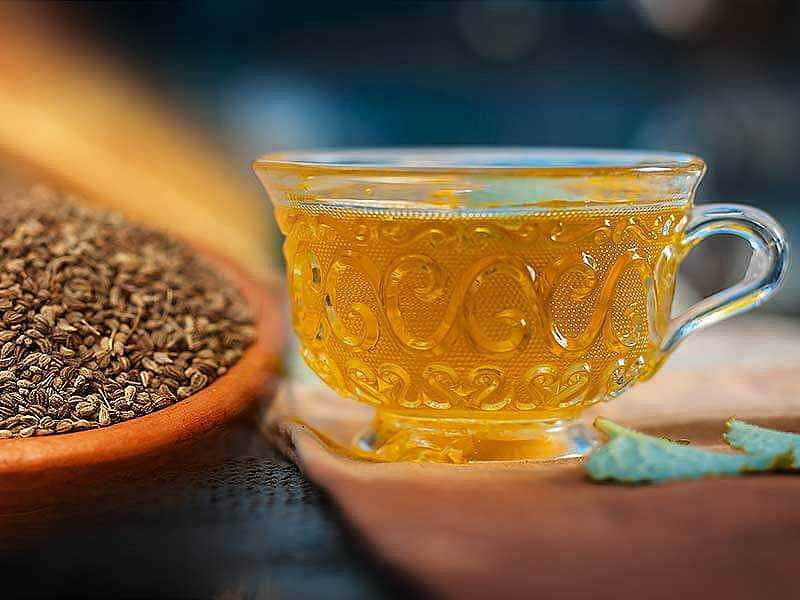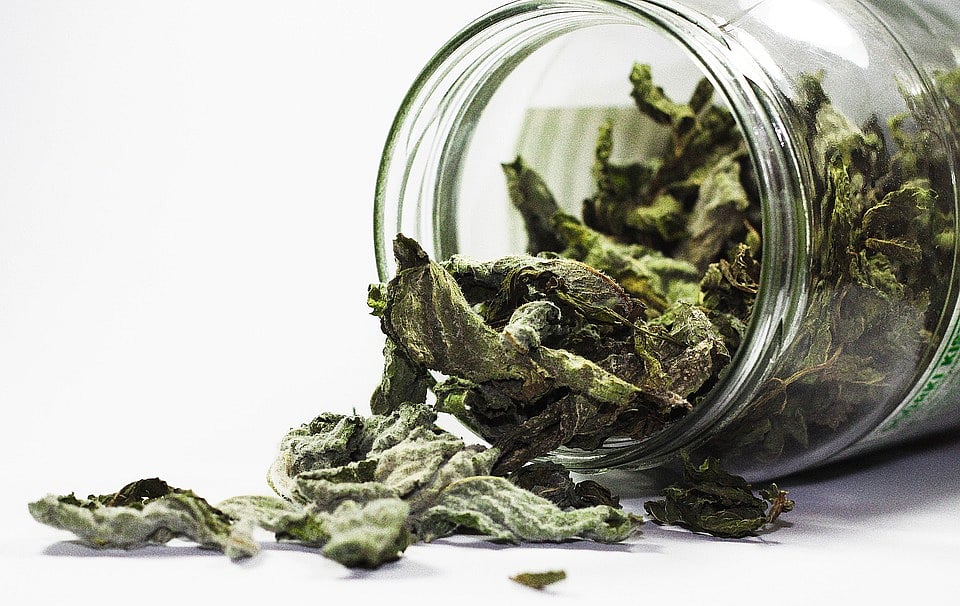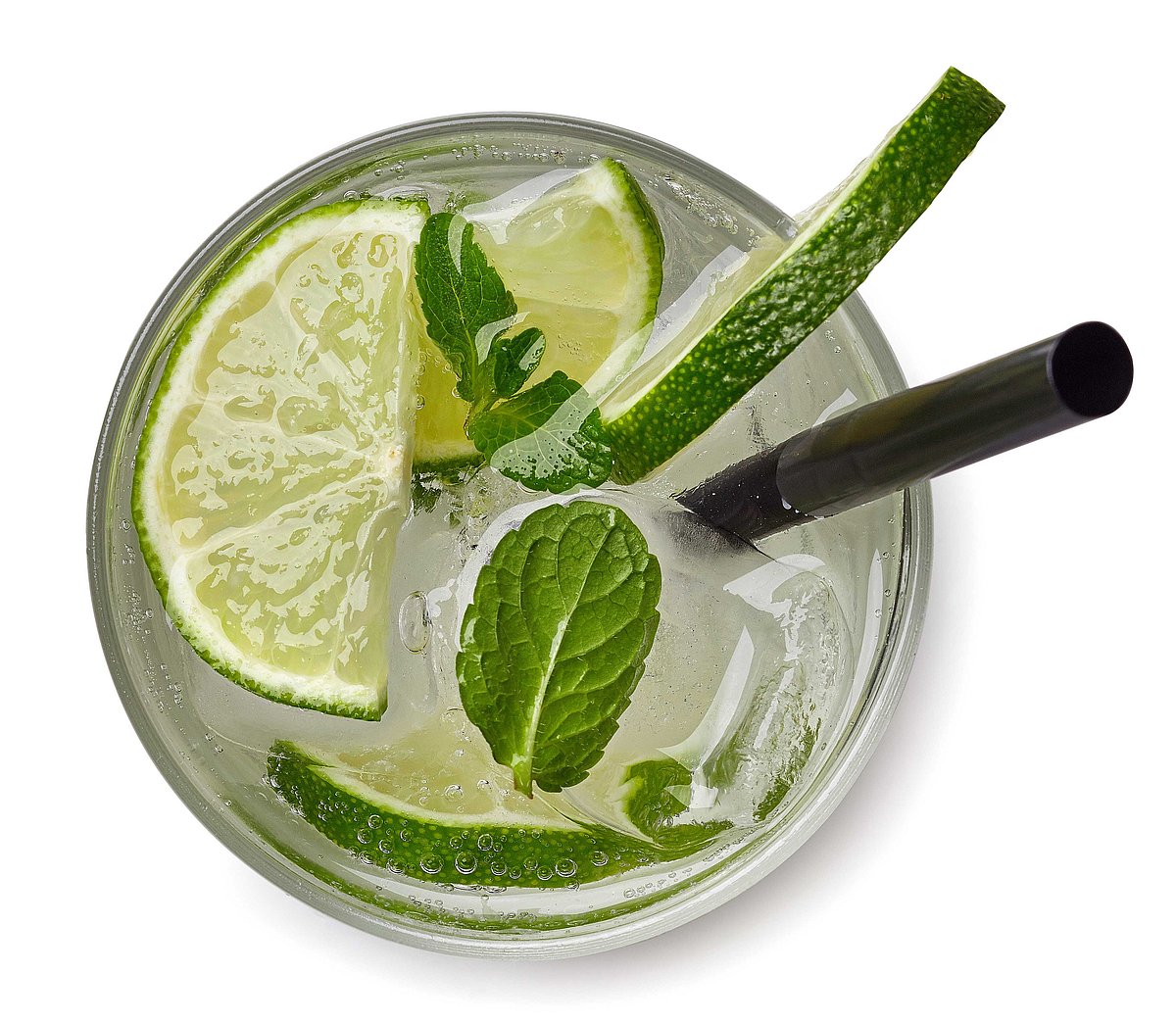Concerned by pesky cold and cough? They can cause breathlessness and lead to serious lung conditions if ignored. And during the coronavirus pandemic these can be alarming signals. Those with compromised immunity are at higher risk. Experts advocate a strong immune system to help the body combat bacteria, viruses and fatigue. The need of the hour is a balanced diet which builds our resistance to diseases, keeps us strong and safeguards us from disease-causing germs. Vegetables, milk, egg, fish contribute to fortify our immune system but at the same time the benefits of herbs cannot be underestimated.
Now that COVID-19 is still rampant and we are reeling under its effects, it is advisable to add these traditional nutrition loaded herbs in our daily meals to lift our immunity. Kusum Bhandari, Director & Nutritionist with Bhookha Haathi Hospitality Pvt. Ltd. informs, “India is a country that is massively wealthy in terms of the natural resources it owns, like plants that have the potential to enhance and strengthen our immunity. Various plants, herbs like neem, tulsi, turmeric, garlic, ginger, mint, dill, curry leaves, and coriander contain highly effective phytochemicals and antioxidants that are used by the plants themselves to prevent microbial action.”
A dish looks bare without herbs and seasoning. Apart from providing a visual delight on the plate, herbs are among the vital health improving and aromatic non-woody plants. Used to season meals, their aromatic properties make them popular to enhance the flavour of a culinary preparation while taking care of our overall health. Curry, coriander, bay leaves, dill contain antioxidants and reduce heart disease. Coriander is rich in dietary fibre and vitamin C, K and protein. It fuels digestive enzymes, and is good for vision. Mint, ajwain and even the humble betel leaf are known to have medicinal properties.
Flavour plus medicinal values
Some of them have medicinal value as well. Chemicals in basil help destroy bacteria and fungi. Basil also has phytochemicals to fight cancer and aide in treating gastrointestinal tract diseases. Parsley reduces high blood pressure. Ajwain or carom leaves fight bacteria, fungi, peptic ulcer and improve digestion.

Ajwain leaves juice | Pinterest
“Ajwain leaves like its seeds have both culinary and health benefits. They have proven to be useful in curing stomach aches and other intestinal problems. The juice of ajwain leaves when combined with honey can help in curing common cold and cough. This helps to increase the resistance power against such infections,” says Amreen Shaikh, Head dietician and nutritionist, Wockhardt Hospital. Basil is known as a miraculous Ayurvedic immunity booster. Bhandari throws more light on it, “It has purifying properties that help in fighting respiratory diseases, fever and any kind of infections by building one’s natural immunity.”
Betel leaf or paan reduces blood sugar thereby treats diabetes, heals wounds, cures headache and prevents carcinogens that lead to cancer. It aids in treating issues related to cough and cold and is an excellent cure for those suffering from chest, lung congestion and asthma as betel leaves have antiseptic properties, adds Shaikh. Curry leaves are part of ancient traditional medicines to cure calcium deficiency and other disorders. Curry leaves are widely used in the southern region of India for cooking purposes because of its flavour. “Filled with antioxidants and anti-diabetic properties, they are known to lower cholesterol levels and fight leukaemia,” highlights Bhandari.
Neem is as ancient as our land and has been used by our ancestors for the many properties it possesses – antibacterial, antiviral, antiparasitic, anti-inflammatory, anticarcinogenic, antioxidant, immune upregulation, and anti-snake venom activities. Apart from keeping infections at bay, it also purifies the blood and rids it of all its toxins.
Fresh vs dry herbs
Heat can kill the vitamins present in these delicate herbs. Herbs should be added after the cooking is done – immediately after the flame is turned off. This allows maximum infusion of the nutrition into the preparation. Chutneys made out of coriander and curry leaves make it easier to feed children who are averse to having leafy garnishes.There is a widespread notion that fresh herbs are superior to dried herbs, but that is not always true. “Dry herbs are more in concentrated form of nutrients hence contains more antioxidants as compared to fresh ones. The drying process can significantly reduce the levels of vitamins, especially in the case of vitamin C (water soluble vitamins),” explains Shaikh.
According to Bhandari, “Dried herbs often perform just as well as fresh and have the benefit of lasting longer. However, some herbs like dill, coriander, mint and basil lose or change flavour when dried. All of these herbs have their own charm and health-promoting properties in the way they are eaten. One of the most important health benefits of consuming herbs is that they are antioxidant-rich.” Fortunately, excessive heat does not affect the amount of antioxidants. Therefore, both dried and fresh herbs are great sources of antioxidants.

Dried mint leaves | Pixabay
Eat the real ones
Avoid tablets and supplements. These are made in labs, processed in factories and contain additives. The real ones are so good that even sniffing rosemary is beneficial for it can increase your brain power and improve your memory. Including herbs in your daily diet is as simple as having water every day — just sprinkle them as garnishes in soups, salads, subzis or add them to rotis and rice!
Make it yourself!
Betel Leaf Superdrink
Ingredients:
12 Betel leaves
2 glasses of water
Honey as per taste
A pinch of salt
Coriander leaves to garnish
Method: Boil betel leaves for 5 minutes. Let it cool. Mix in salt and honey as and when required. Add finely chopped coriander leaves. Your drink ready to serve. --Recipe by the writer

Classic Indian Lemonade
Ingredients:
1 sprig mint (keep aside a few leaves for garnish)
1 inch piece ginger
2 tbsp lemon juice
1 glass soda
Salt to taste
1 tsp sugar
Method: Blend mint, ginger and soda. Blend well with little ice. Pour into a glass. Add lemon juice, sugar and salt, stir well. Serve with mint leaves and lemon wedges. -
--Recipe by Prashant Chaudhry, F&B, AGM, SMAAASH Entertainment










